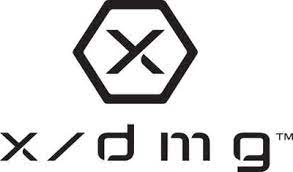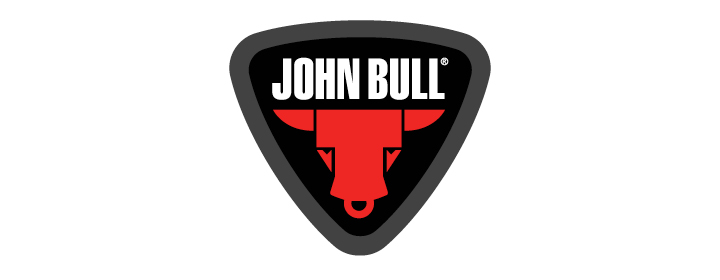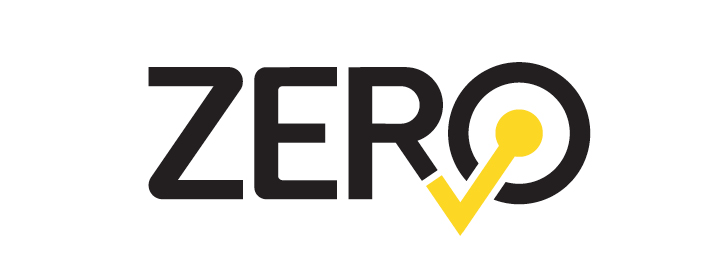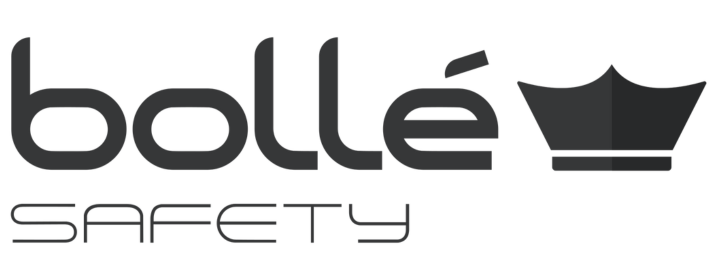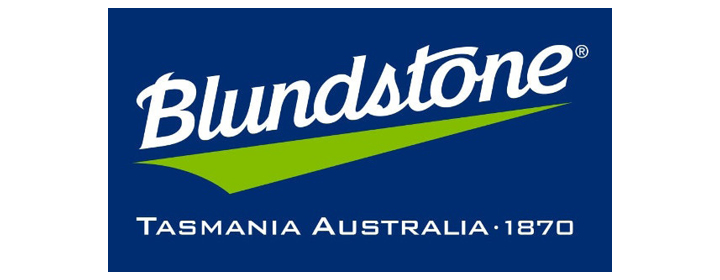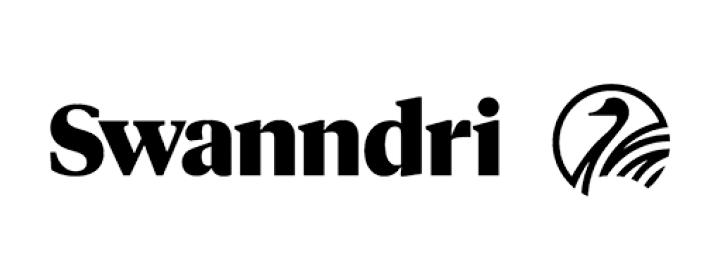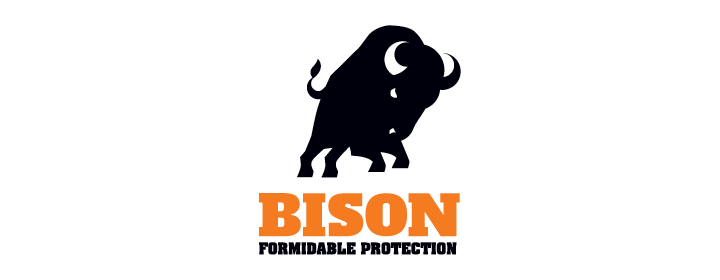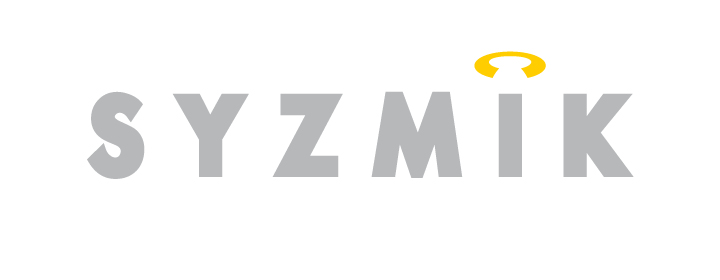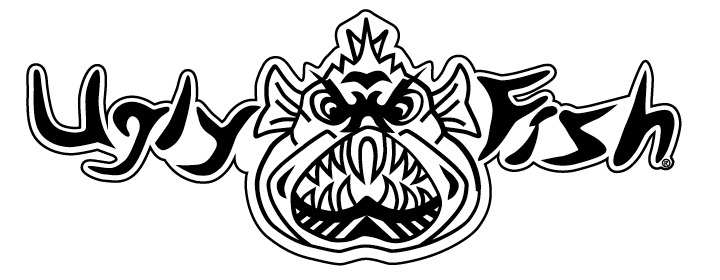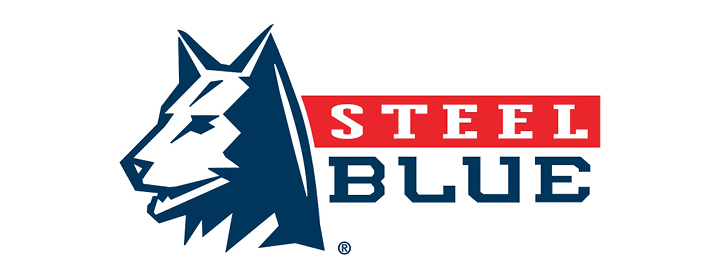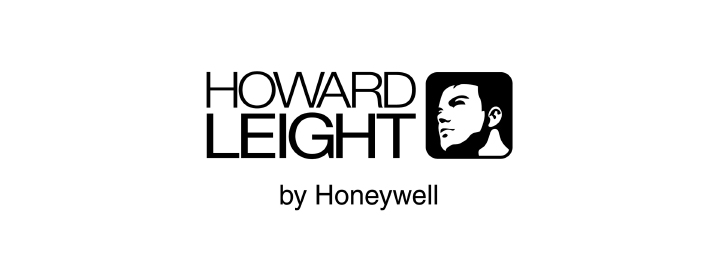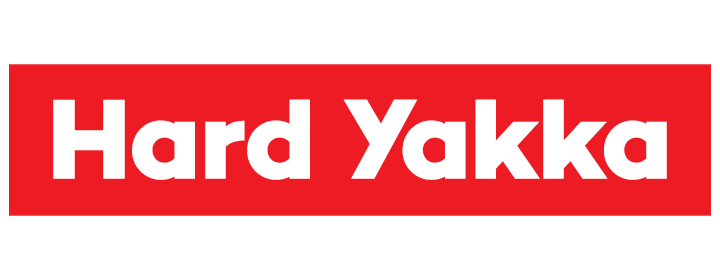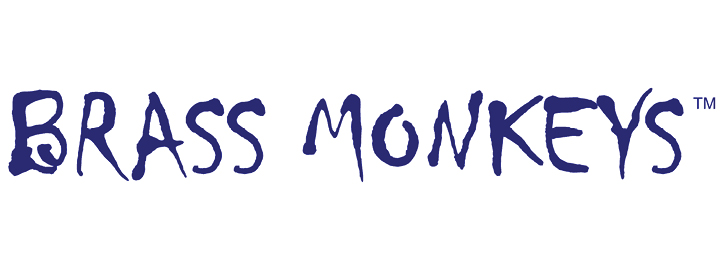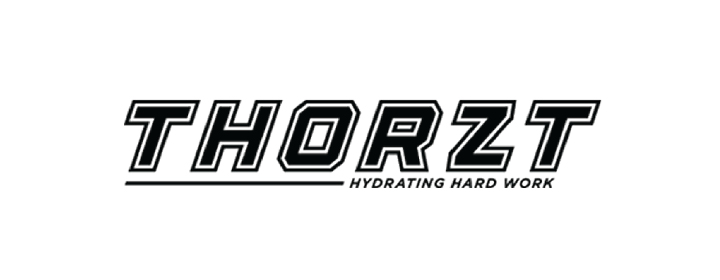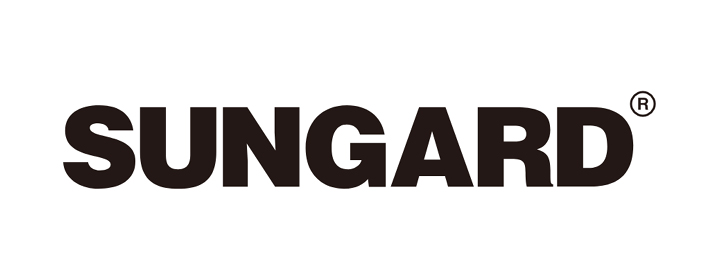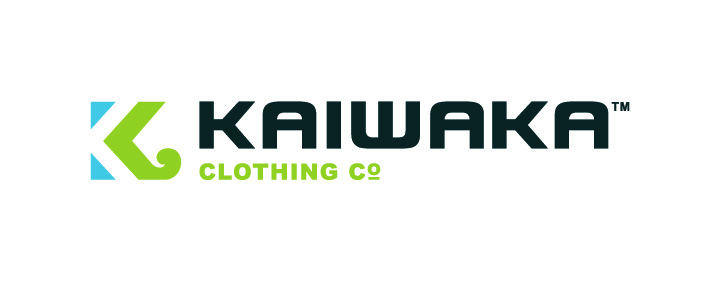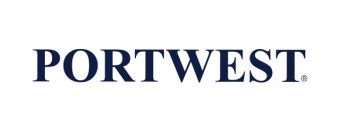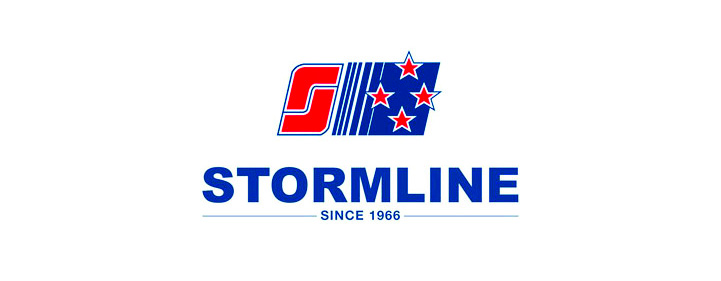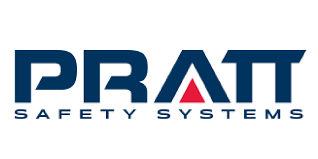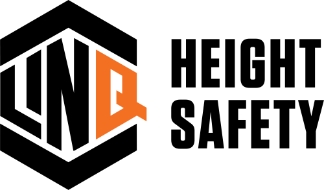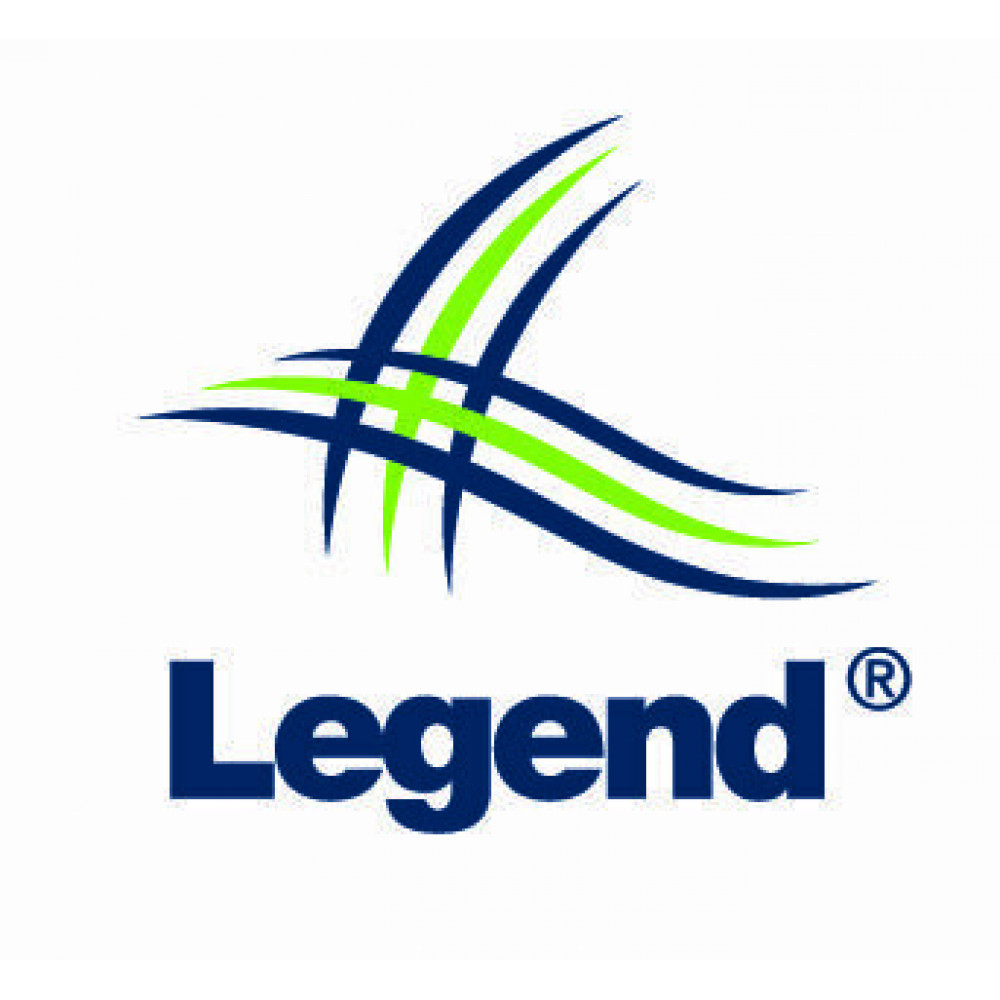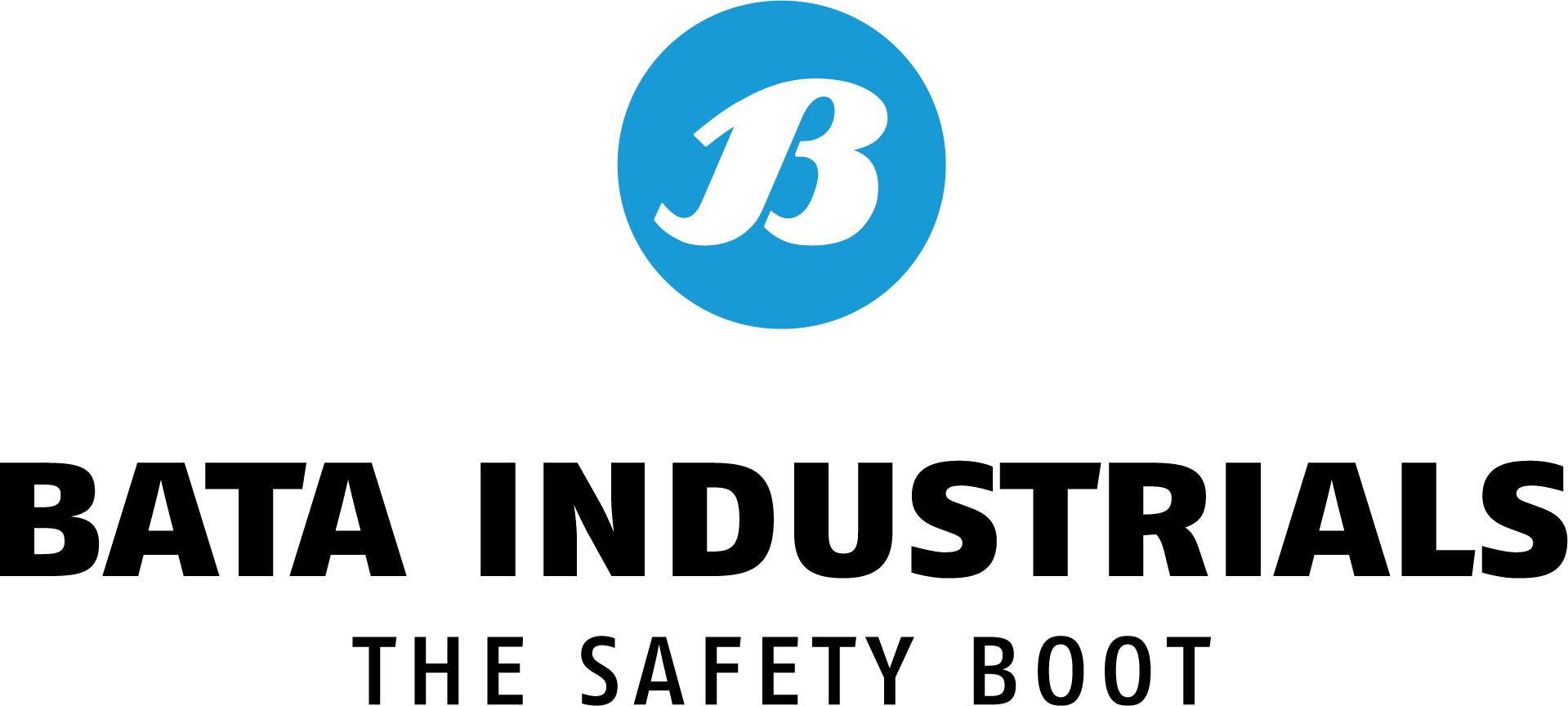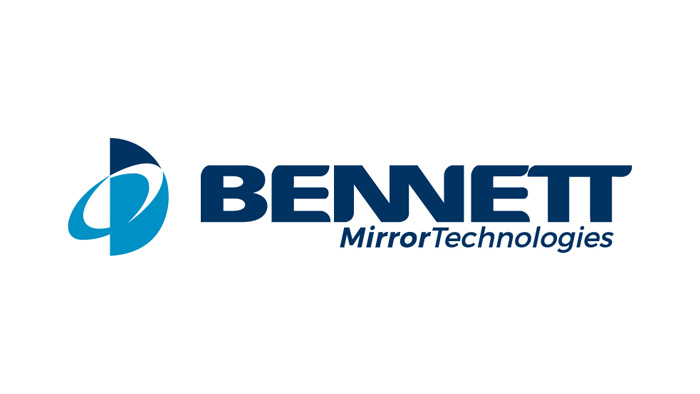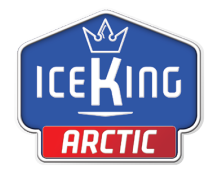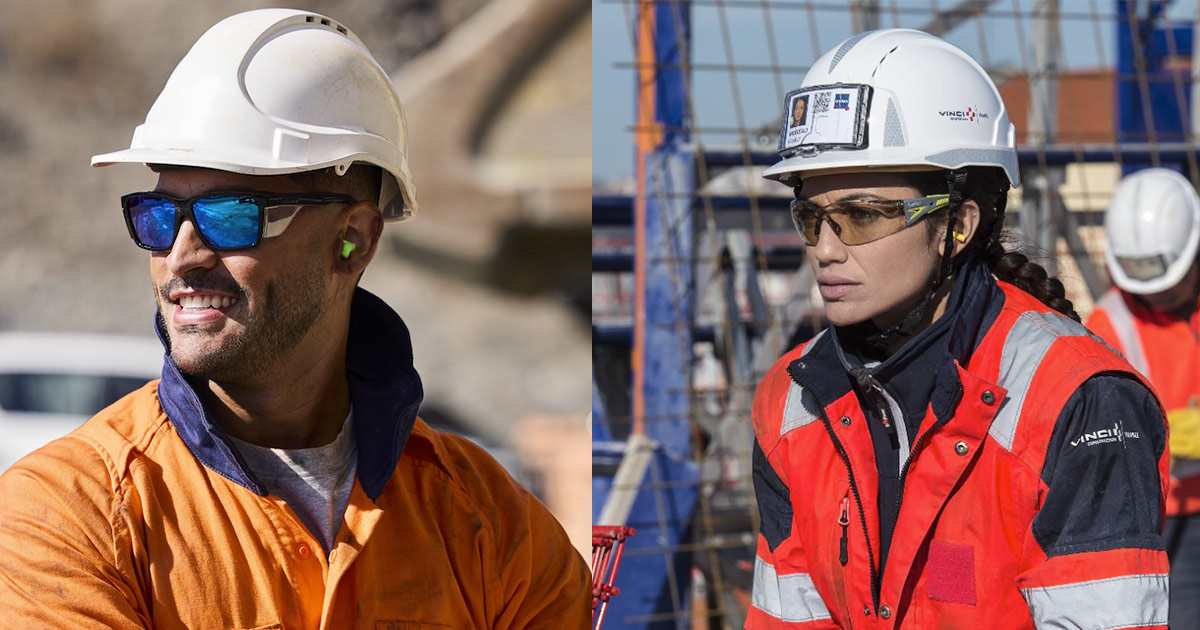Choosing the Right Safety Glasses for the Job
NZ safety is extremely important to us at Safety 1st NZ… And we know that choosing the right Safety Glasses for the job is paramount! Safety glasses are a critical part of your personal protective equipment (PPE) toolbox. They protect your eyes from potential hazards and help prevent injury in the workplace.
Different jobs call for different types of safety glasses or other eye protection. Selecting the right pair for your specific environment is essential for effective protection. This guide will walk you through the key considerations, types of safety glasses, and important features to look for.
Whether you work in construction, a laboratory, or need prescription safety glasses, we’ve got you covered. We’ll also explore trusted brands like Bolle and explain how to choose certified safety glasses in New Zealand.
Why Safety Glasses Matter
Eye injuries are more common than you might think. Every year, thousands of workers suffer preventable eye injuries that result in lost time and medical costs. Safety glasses reduce the risk of injury from flying debris, chemical splashes, and other hazards.
Wearing the right safety eyewear helps you maintain a safe, compliant workplace and protects your long-term vision.
Types of Safety Glasses
Understanding the different types of safety glasses ensures you select the right fit for the task.
- Standard Safety Glasses: Designed for general protection against impact and debris. Ideal for construction and manufacturing settings.
- Prescription Safety Glasses: Provide vision correction and safety in one. These must still meet safety certifications.
- Specialised Safety Glasses: Tailored for specific hazards such as chemical exposure or blue light. Often used in labs or digital workspaces.
Key Features to Look For
When choosing your glasses, these features are essential for comfort and performance:
- Impact Resistance: Protects against flying objects and mechanical hazards.
- UV Protection: Shields eyes from harmful ultraviolet rays during outdoor work.
- Anti-Fog and Anti-Scratch Coatings: Improves clarity and extends product life.
- Adjustable Fit: Ensures glasses stay secure and comfortable throughout the day.
- Peripheral Coverage: Offers side protection to reduce the risk of injury from multiple angles.
Lens Materials and Coatings
Most high-quality safety glasses use polycarbonate lenses. These are lightweight, durable, and highly impact-resistant. Anti-fog coatings are ideal for humid environments, while anti-scratch coatings help preserve visibility over time.
Frame Design and Comfort
Wraparound frames improve peripheral protection and reduce dust exposure. Features like adjustable temples and soft nose pads enhance fit and comfort for all-day wear.
Safety Standards and Certifications
Always check that your glasses meet recognised standards. These confirm that the product has passed rigorous safety testing:
- AS/NZS 1337: Australian/New Zealand safety eyewear standard
- ANSI Z87.1: American impact-resistance standard
- CSA Z94.3: Canadian safety eyewear benchmark
- CE EN166: European personal eye protection standard
Ensuring your glasses meet these standards gives you peace of mind in high-risk environments.
Bolle Safety Glasses – A closer look
Bolle is a trusted name in industrial eye protection. Their glasses feature advanced lens technology and rugged designs. With lightweight polycarbonate lenses, Bolle glasses offer excellent impact protection and long-term comfort.
They’re a popular choice across multiple industries in New Zealand thanks to their balance of innovation, quality, and style.
Prescription Safety Glasses in New Zealand
For workers who require vision correction, prescription safety glasses are a must. They combine visual clarity with certified protection. When choosing prescription options, ensure they meet New Zealand safety standards and consult with an optometrist for a proper fit.
Transition lenses and wraparound frames are great additions for comfort and adaptability.
Maintenance and Care
To maximise the lifespan of your glasses:
- Clean lenses regularly with a microfibre cloth and approved lens cleaner.
- Store glasses in a protective case when not in use.
- Check regularly for wear and damage. Replace if any cracks, bends, or loose parts are found.
Proper care not only extends the product’s life but ensures it remains compliant with safety standards.
Conclusion: Protect Your Eyes, Boost Your Safety
The right safety glasses offer more than just compliance – they provide confidence. By understanding your work environment, assessing required features, and choosing certified products, you can protect your eyes and boost on-the-job performance. Invest in quality safety eyewear and stay one step ahead of potential hazards.


